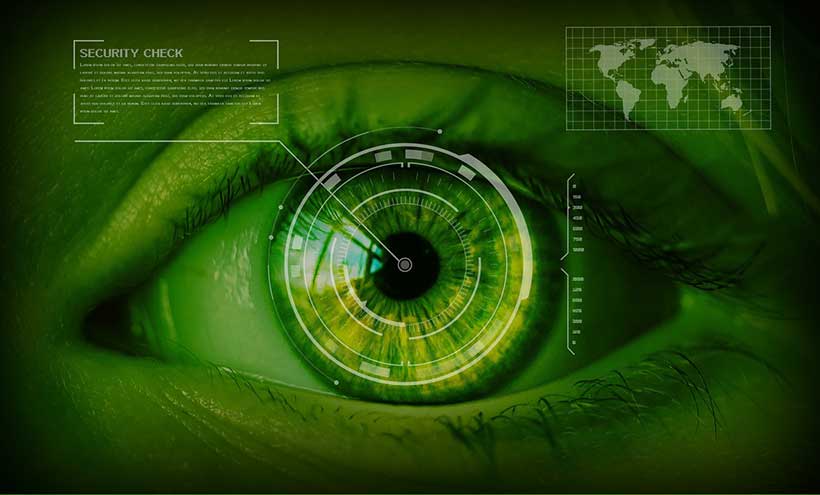In an era where our lives are increasingly intertwined with technology, concerns about personal data privacy are taking center stage.
Many wonder what extent of our personal information is accessible by governments.
This article aims to provide a clear and actionable understanding of the scope of government access to personal data.
Article Chapters
The Balancing Act of Privacy & Security
Governments across the world face a delicate balancing act between safeguarding their citizens and respecting their right to privacy.
This struggle becomes particularly prominent in the digital age, where vast amounts of personal data are generated and stored.
Understanding Data Access Laws
Governments have established various laws and regulations that outline their authority to access personal data.
These laws vary widely between countries and depend on factors such as national security concerns, law enforcement needs, and individual rights.
It’s crucial to note that different governments possess different levels of authority in accessing personal data.
Government Surveillance Programs
Governments employ surveillance programs to gather intelligence and ensure public safety.
While some surveillance is targeted toward national security threats, others focus on preventing criminal activities.
In the realm of surveillance, the phrases MI5 v MI6 often arises, representing the UK’s Security Service (Mi5) and Secret Intelligence Service (MI6).
Both agencies play distinct roles in domestic security and international intelligence gathering, respectively.
Internet Service Providers & Data Sharing
In certain cases, governments can request data from internet service providers (ISPs) as part of investigations.
This can include information about users’ online activities, communication records, and more.
It’s important to understand the extent to which ISPs are legally obligated to cooperate with government requests, depending on jurisdiction.
Social Media & Data Disclosure
The prevalence of social media platforms has led to a new dimension of personal data accessibility.
Governments can request user data from social media companies to aid in legal proceedings or investigations.
The balance between user privacy and the necessity of criminal investigations is a challenging one.
International Agreements & Data Sharing
In an interconnected world, governments collaborate on matters of security and intelligence.
International agreements can grant access to personal data across borders, especially in cases involving transnational threats like terrorism.
These agreements, however, must strike a balance between protecting citizens and avoiding unwarranted intrusion.
Conclusion
Navigating the complex landscape of government access to personal data requires a nuanced understanding of privacy, security, and the rule of law.
While governments have legitimate reasons to access personal information, it’s imperative to establish clear boundaries that protect individual rights.
As you ponder the intricate interplay between privacy and security, remember the intricate dance governments perform to safeguard their nations.
Key Takeaways
- Governments worldwide access personal data for security and law enforcement purposes.
- The extent of government data access varies based on jurisdiction, national security concerns, and legal frameworks.
- Surveillance programs, like “Mi5 v MI6,” reflect the roles of intelligence agencies in safeguarding nations.
- Governments can request data from ISPs and social media platforms, raising questions about user privacy.
- International agreements can facilitate cross-border data sharing for security reasons.
As our digital footprints grow, so does the importance of understanding how governments interact with our personal data.
By grasping the dynamics at play, you can better advocate for a balance between safeguarding society and preserving individual privacy.
Remember, the landscape is ever-evolving, and staying informed empowers you to navigate it with confidence.

